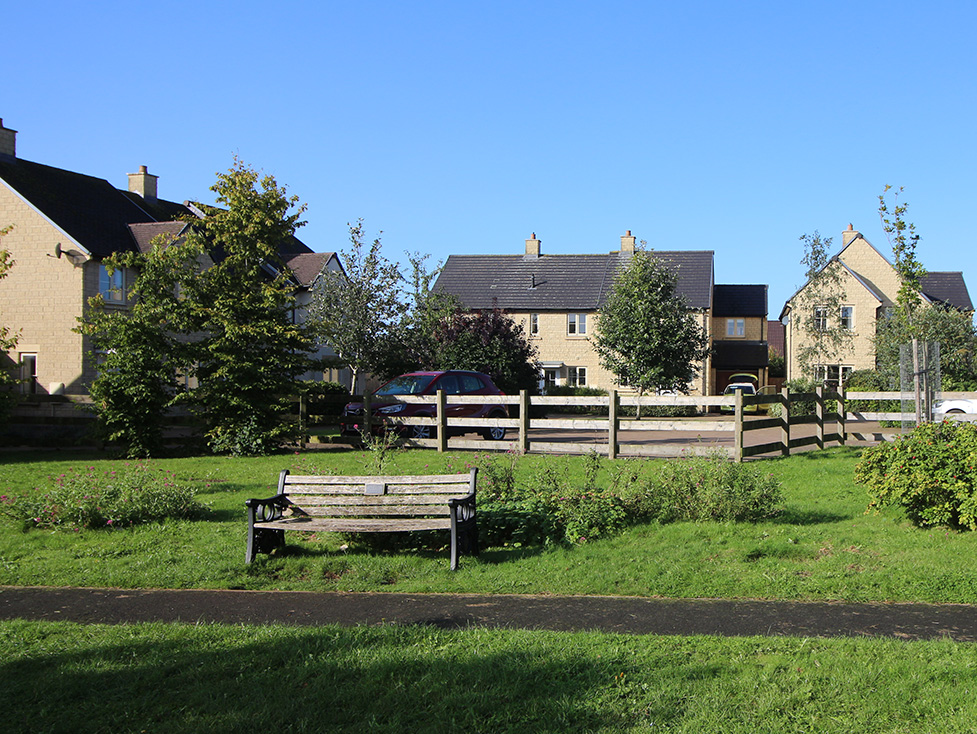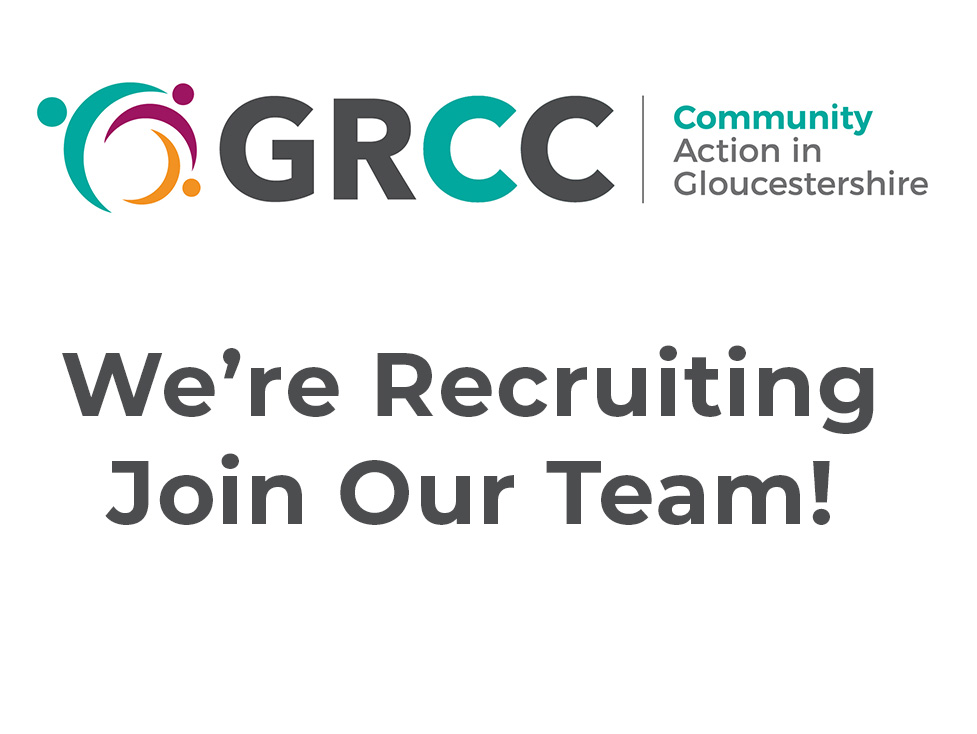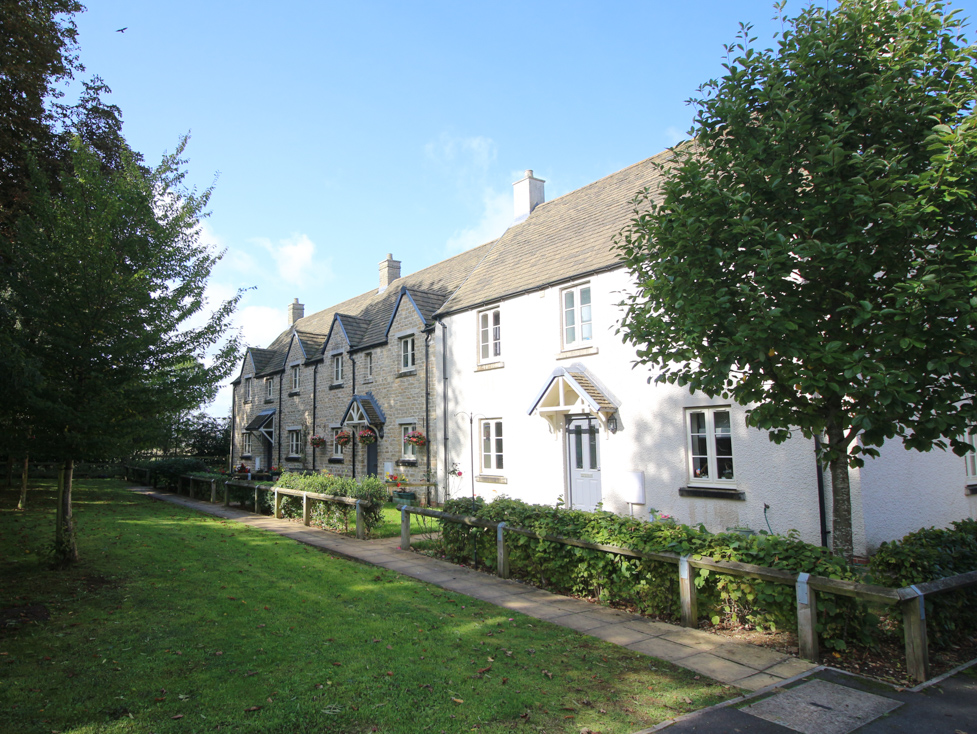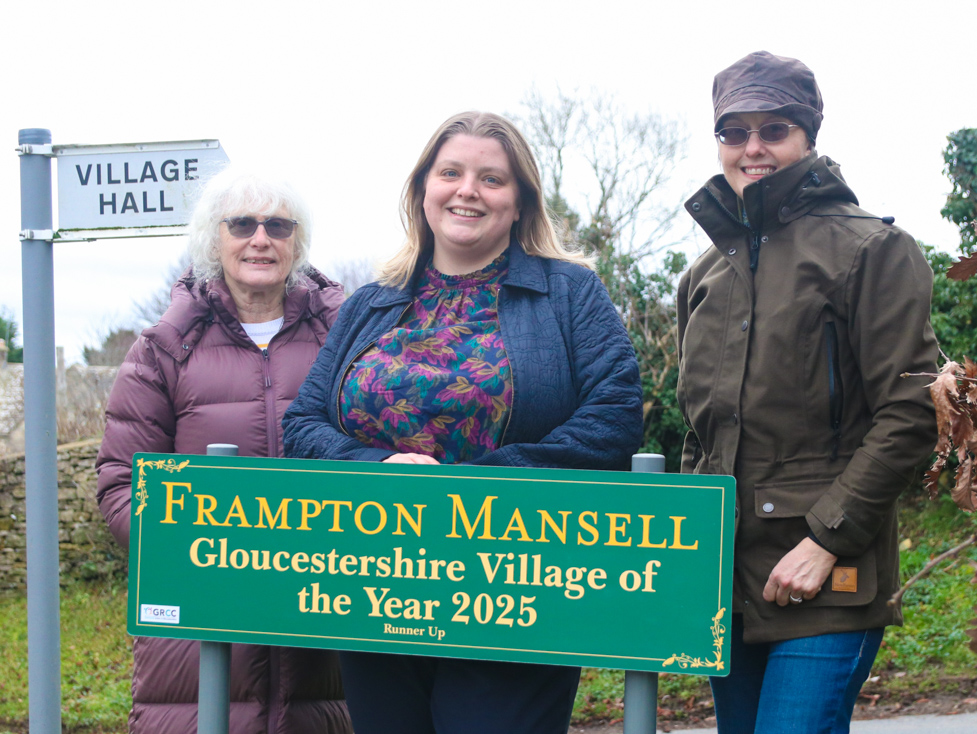- News & Events
- /
- Rural Housing Week 2025 - Day 4

08 Jul, 2025
Rural Housing Week 2025 - Day 4
Our Affordable Housing Team writes:
"This week we have examined the difficulties organisations face in providing affordable housing for local people. If these small developments on the edge of villages, that cater for that community’s needs, are not being delivered by the usual method, what can be done to ensure their sustainability?
At GRCC, as well as helping SME developers become Registered Providers to fill the void, we are seeing an increase in appetite for Community-Led Housing.
Community-led housing differs from traditional housing models by putting local people in the driver's seat for planning, designing, and often managing their own housing developments. This approach prioritises affordable housing and community wellbeing, often achieved through partnerships with local groups or trusts, or through self-build initiatives.
Here's a more detailed look at what makes community-led housing unique:
Community Involvement
Community-led housing emphasises meaningful community participation and consent throughout the process, ensuring that projects reflect local needs and priorities.
Local Ownership and Management
Local groups or organisations often own, manage, or steward the homes, ensuring long-term benefits for the community.
Affordability and Social Benefits
A key goal of community-led housing is to create genuinely affordable homes and strong communities, often addressing housing affordability issues that mainstream housing may struggle to tackle.
Diverse Approaches
Community-led housing encompasses various methods, including community land trusts, housing co-operatives, cohousing, and community self-build, allowing for flexibility in meeting specific community needs.
Legal Protection of Benefits
The benefits to the local area, such as affordability or community amenities, are often legally protected in perpetuity, ensuring long-term sustainability.
Community Cohesion and Resilience
Community-led housing can contribute to stronger community cohesion and resilience, helping to address issues like antisocial behaviour.
Community-led housing (CLH) is great because it empowers residents to play a central role in shaping their housing needs and creating a more inclusive and sustainable community. CLH can address affordable housing needs, support local economic growth, and foster stronger community bonds. It also allows for innovative designs and solutions tailored to specific community needs.
Here's a list of just some of the the benefits:
1. Addressing Affordable Housing Needs:
● CLH projects often focus on providing affordable homes, particularly for local residents.
● This can be achieved through various methods, including building new homes or refurbishing existing ones.
● CLH can also address specific needs, such as supporting older people who are downsizing or families with children with special needs.
2. Fostering Community Cohesion:
● By involving residents in the planning and development process, CLH can help build a stronger sense of community.
● This can lead to increased social interaction and mutual support among residents.
● The collaborative nature of CLH can also help to address issues like social isolation and anti-social behavior.
3. Local Economic Benefits:
● CLH projects can provide opportunities for local businesses and workers, creating jobs and boosting the local economy.
● Involving residents in the construction process can also provide valuable training and skills-development opportunities.
● By using local materials and resources, CLH can further support the local economy and reduce environmental impact.
4. Innovative and Sustainable Solutions:
● CLH allows for innovative designs and layouts that can better meet the needs of specific communities.
● This can include designing homes that are more energy-efficient or creating shared spaces that encourage social interaction.
● CLH projects can also be more environmentally friendly, with a focus on sustainability and reducing waste.
5. Long-Term Benefits:
● CLH can provide long-term benefits for the community, including affordable housing, strong social connections, and a more vibrant local economy.
● By empowering residents and giving them a sense of ownership, CLH can help to create a more resilient and sustainable community.
At GRCC we are accredited Community Led Housing Advisors. So if your community wants to address its own housing need or if you’d like to find out more, just get in touch!



